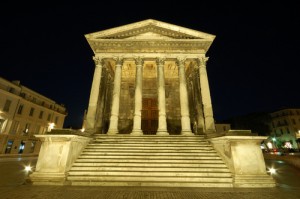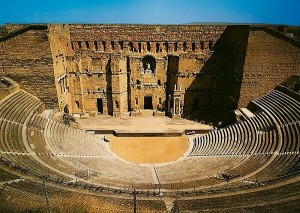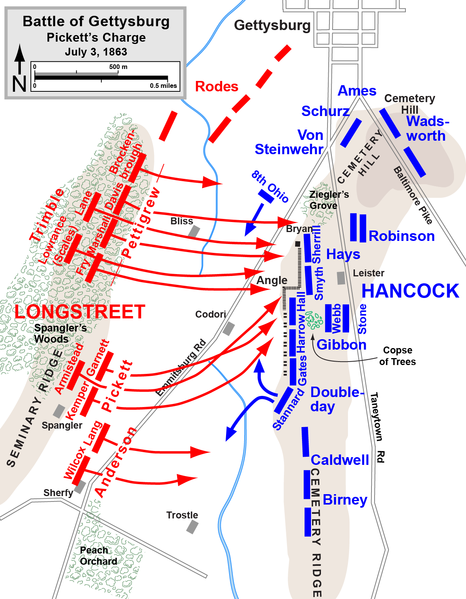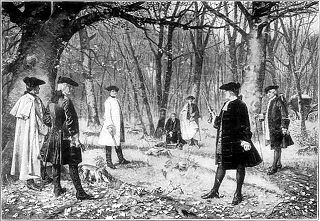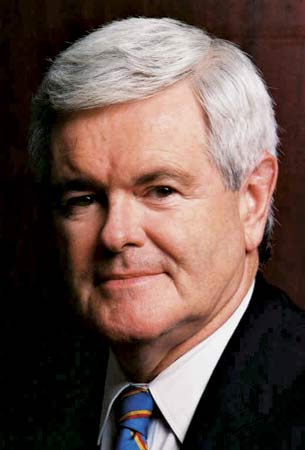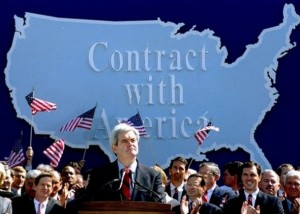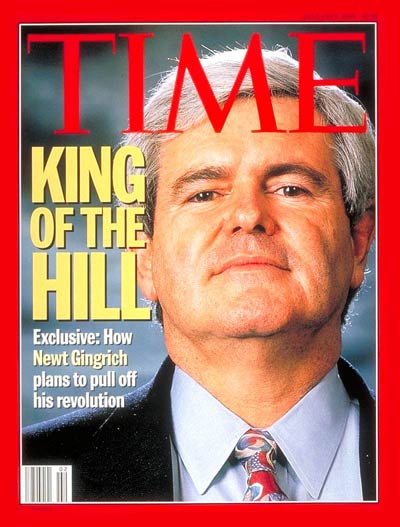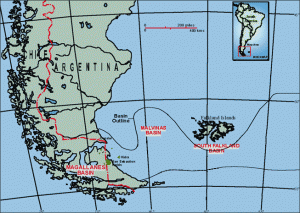I doubt I will ever experience anything as central to my observation of man’s struggle for personal liberty close to the wonder I felt watching the events of 1989 to 1991. The heroes that wrestled totalitarianism to the ground were so brave and numerous, so intelligent and strategic as to create awe. Walesa in Poland, Havel in Czechoslovakia, Pope John Paul II, and so many others had worked tirelessly to create the inescapable pressures and circumstances that made the move of all Eastern Europe to freedom, and even more miraculously, in predominantly non-violent fashion. Every month seemed to bring an amazing story of triumph to bear, as sclerotic, bully like authoritarian governments were forced to admit their systemic failure and accede to the wishes of the people to be free of their oppression. The irrepressible wave eventually caught up to collosus of totalitarianism, the Soviet Union, and its collapse in 1991, and unsteady evolution into a new world, is still being felt today.
This weekend is the twentieth anniversary of the highpoint of the August Revolution, in which the people of Russia fought off an attempt of the old guard to put the liberty genie back into the bottle. Occurring in late summer, it was nevertheless the Russian version of the current Arab Spring, with bravery shown by countless common citizens, ruthlessness by entrenched autocrats, savvy leadership from unexpected bureaucrats, and uncertainty in the clarity of the outcome. The Russian people twenty years later are still finding their way through the historical strains of the death of one version of history and the birth of another alternate universe.
By 1991, the strains created by Mikhail Gorbachev’s attempted ‘reform’ of communism were reaching intolerable levels. Gorbachev’s two 1980’s reform processes, Glasnost (Opening) and Perestroika (Restructuring), designed to improve the transparency of government action and provide some market style reforms, had inadvertantly exposed the structural rot that had permeated the top down communist system and led to open revolt by the oppressed population for not reform, but renewal. Unwilling to fully deconstruct the only system he knew and the one that had brought him to power, but recognizing the inherent failure of the system to evolve, Gorbachev, still supreme leader of the government and party, found himself nearly paralyzed between the progressive will of the country to join the freedom process birthed in eastern Europe and the conservative Soviet hierarchy that saw the seventy year empire of Soviet communist dominance at perilous risk. The pressure keg finally blew open on August 1991 when the Soviet Vice President, Defense Minister, and KGB chief attempted a coup d’etat, house arresting President Gorbachev and threatening his life. The tipping point was the expected signing of a New Union Treaty on August 20 that would effectively turn the Soviet Union into a federation of independent states with a common president, foreign policy, and military. This breaching of Soviet sovereignty was too much for the old guard and after confining Gorbachev they moved to secure the base of the presumed largest state of the new federation, that of Russia itself. Their focus was the Russian parliament, which had become an unwanted counter balance to the Kremlin, and the recently elected bureaucrat of the Russian federation, Boris Yeltsin. Yeltsin, a long standing communist apparatchik had been lately mouthing ominous sounds of independence, and the threat to the Supreme Soviet institutional dominance was clear. The coup leaders rapidly closed newspapers and silenced political activity, moving troops and tanks to the White House, the parliament building that housed Russian Federation leaders and Yeltsin himself, surrounding it and threatening its destruction if Yeltsin did not accede to arrest.
This was a different Russia then the coup leaders had expected to find. Rather than cowed by the intimidation of tanks, tens of thousands of Russians took to the streets around the White House and surrounded the tanks, daring them to attempt violent action. As if undergoing an evangelic conversion, Yeltsin the bureaucrat suddenly became Yeltsin the freedom revolutionary, and in a pivotal moment, took to the steps of the White House with a bullhorn, rallying the massed people to defend their parliament and their new found freedoms. Yeltsin proved to be much more the modern politician than anyone had any right to expect, sagely predicting both the public’s response to his call, and the effect of his call for Russian patriotism to the troops. The reaction was truly revolutionary. The troops refused orders to take over the building and the people swept up in the furor rallied them to their side. The seventy year history of ruthless, ironfisted Soviet dominance of the Russian people crumpled overnight, and by August 21, 1991, the three day coup collapsed. Gorbachev was released and assumed a Soviet presidency that had no residual power base, as neither soviet nor russian governments wanted any residual connection to him. Yeltsin through grasping his historical moment became the true leader of a Russian Federation, and with the official dissolution of the Soviet Union in December 25, 1991 and Gorbachev’s resignation, the leader of Russia itself.
The fairy tale story of common people manning the Ramparts of freedom and achieving victory for liberty and human rights was the daily drama of those years of 1989 through 1991, stretching from eastern Europe through Russia and even China in a spectacular storyline. Its earthquake tremors are felt today through the Arab Spring cataclysms that began in Tunisia and are still broiling in Libya and Syria today. Like all unfolding great historical sagas, the Russian chapter is yet to be fully told. Yeltsin attempted a crash course in capitalism and democratization in Russia leaving only a few winners and untold losers that resulted in a partial authoritarian retrenchment in the form of Vladimir Putin and the loss of many of the hard fought individual freedoms of the revolution. The Russian experiment has additionally been saddled with a contracting native Russian population and a devastatingly violent imbroglio with Chechen separatists that took the period of self determination too literally for the residual Russian federation to tolerate. The loss of briefly held freedoms such as opposition parties and newspapers, equal economic opportunity, and tolerance for dissent has left a stain on the accomplishments of that fateful few days in Moscow twenty years ago.
It is up to the people of Russia themselves to determine if it all was worth it, and to desire a future that celebrates the individual over the state. A great people locked in history’s embrace will perhaps some day realize the ultimate triumph.





